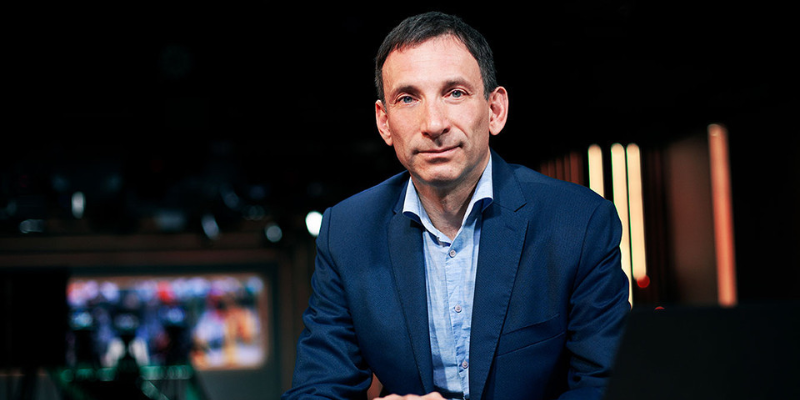
Vitaly Portnikov recounts how the Chinese ambassador in Paris sparked an international scandal by questioning the sovereignty of former Soviet Union states, including Ukraine, in violation of international treaties. Concerns raise about China’s ability to mediate any sort of Ukraine-Russia peace talk as it’s peace plan for the Russian-Ukrainian war, Portnikov tells, was only created to lift sanctions on the Russian Federation and propose mechanisms that would allow future aggressive actions without international consequences, benefiting only Russia and China.
A diplomatic failure
The Chinese ambassador in Paris has become embroiled in an international scandal, questioning whether the states of the former Soviet Union sovereignty, as is ratified by internationally recognized treaties.
In 1991, China was one of the countries that claimed all former Soviet republics as internationally sovereign. And his recent statement implies that Ukraine therefore has sovereign borders, including Crimea, in 1991, which the Chinese diplomat questioned in this interview.
Serious concerns about the China diplomat’s remarks prompt the Baltic countries of Latvia, Lithuania, and Estonia to summon the Chinese diplomats in their countries, indicating that their sovereignty is also being questioned.
How can China act as a go-between in Ukraine-Russia peace talks when one of their diplomats questions Ukraine’s sovereignty? How will China try to build a relationship with Belarus if China’s sovereignty over Belarus is only temporary? This statement even calls Belarus’ sovereignty into question.
How does China intend to strengthen its ties with Central Asian countries? After all, another summit of foreign policy leaders from Central Asian countries and China is scheduled for the following month. Foreign ministers from Kazakhstan, Kyrgyzstan, Tajikistan, Turkmenistan, and Uzbekistan will visit China to establish relations without Russia’s participation.
Furthermore, despite criticism from the Russian Federation and their president, and war criminal Putin, who previously voiced his intention to destroy the former republics’ sovereignty by 2030, many in Central Asia regard China as the guarantor of their sovereignty.
With this in mind, Russia’s war against Ukraine is only the beginning of re-establishing the Soviet Union’s former map. No state from the former Soviet Union should feel safe. If we accept the idea that the sovereignty of former Soviet republics is a mere phenomenon and that all of them, sooner or later, will become part of Russia, a country that considers all former republics an accidental creation, this will give rise to millions of refugees, millions of ruined cities, and one economic crisis after another.
But, if it’s all just a fantasy, why did China’s diplomat make such a risky statement? Did he not get permission from China’s communist foreign minister, who has complete control over everything its civil servants say?
It could be an attempt to put the West’s position of the former Soviet republics to the test to understand how China needs to behave with the former Soviet republic’s status.
Crimea’s history
Moreover, the ambassador tells how Crimea was once Russian and the ‘problem’ is not so clear-cut.
Crimea was a vassal state of the Ottoman Empire that, after gaining independence, was captured and unjustly annexed by the Russian Empire, led by Empress Catherine the 2nd.
Thus, Crimea had no “Russian” beginning; rather, there was only an occupation by the Russian military that destroyed a civilization with the support of the majority of those who supported Catherine during her reign as empire, just as the majority of the Russian Federation now supports Putin. We observe violent crimes and an attitude that has crept into modern-day Russia.
Peace plan and the hidden intentions
When it comes to China’s peace plan, the main goal is to lift sanctions imposed on the Russian Federation and to propose and sanction mechanisms that will allow the Russian Federation to act aggressively towards neighbors in the future without being hampered by the international community’s sanctions.
According to China’s peace plan, sanctions cannot be one-sided and must be approved entirely by the UN Security Council. However, given the Russian Federation and China’s veto power in the UN Security Council, if it was accepted no international sanctions will be imposed against these countries
